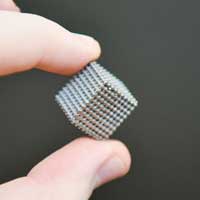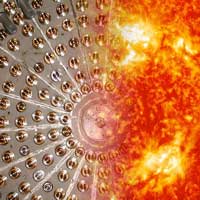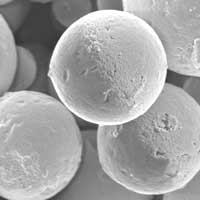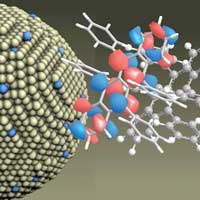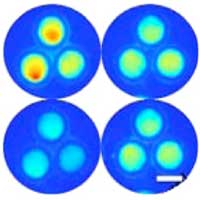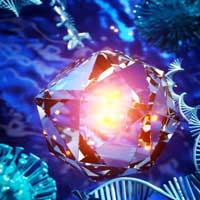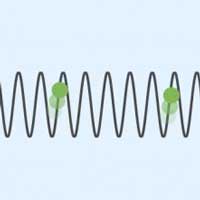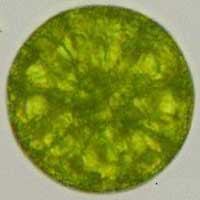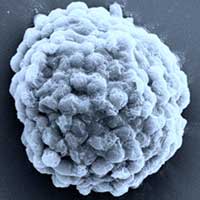Nov 26, 2020 (Nanowerk News) Scientists from NUST MISIS have improved the technology of 3D printing from aluminum, having achieved an increase in the hardness of products by 1,5 times. The nanocarbon additive to aluminum powder, which they have developed, obtained from the products of processing associated petroleum gas, will...
Taking correlated quantum Hall physics to the third dimension
Nov 26, 2020 (Nanowerk News) The quantum Hall effect is among the most prominent examples of a quantum phenomenon that occurs on a truly macroscopic scale. Its robust nature renders the quantum Hall effect vastly important for applications. It is nowadays for example used as the gold standard to gauge...
Sun model completely confirmed for the first time
Nov 26, 2020 (Nanowerk News) The Borexino Experiment research team has succeeded in detecting neutrinos from the sun's second fusion process, the Carbon Nitrogen Oxygen cycle (CNO cycle) for the first time. This means that all of the theoretical predictions on how energy is generated within the sun have now...
Microswimmers move like moths to the light
Nov 26, 2020 (Nanowerk News) Researchers at TU Dresden, led by chemist Dr Juliane Simmchen, has studied an impressive behavior of synthetic microswimmers: as soon as the photocatalytic particles leave an illuminated zone, they flip independently and swim back into the light. This promising observation and its analysis was recently...
Lanthanide nanocrystals brighten molecular triplet excitons
Nov 26, 2020 (Nanowerk News) NUS scientists have developed an approach to improve the generation and luminescent harvesting of molecular triplets by coupling them with lanthanide-doped nanoparticles. This innovation provides new insights on lanthanide nanocrystal-molecule interaction in the optoelectronic field. The generation, control and transfer of triplet excitons (bound electron-hole...
Detecting bacteria with fluorescent nanosensors
Nov 25, 2020 (Nanowerk News) Researchers have developed a new method for detecting bacteria and infections. They use fluorescent nanosensors to track down pathogens faster and more easily than with established methods. A team headed by Professor Sebastian Kru, formerly at University of Gttingen, now at Ruhr-Universitt Bochum (RUB), describes...
The quantum sensing abilities of nanodiamonds may help detect disease earlier
Nov 25, 2020 (Nanowerk News) The quantum sensing abilities of nanodiamonds can be used to improve the sensitivity of paper-based diagnostic tests, potentially allowing for earlier detection of diseases such as HIV, according to a study led by UCL researchers in the i-sense McKendry group. Paper-based lateral flow tests work...
Researchers create nanoscale slalom course for electrons
Nov 25, 2020 (Nanowerk News) A research team led by professors from the Department of Physics and Astronomy have created a serpentine path for electrons, imbuing them with new properties that could be useful in future quantum devices. Jeremy Levy, a distinguished professor of condensed matter physics, and Patrick Irvin,...
Phytoplankton disturbed by nanoparticles
Nov 25, 2020 (Nanowerk News) Products derived from nanotechnology are efficient and highly sought-after, yet their effects on the environment are still poorly understood. A research team from the University of Geneva (UNIGE), working in collaboration with the University of California at Santa Barbara, have investigated the effects of nanosilver,...
Research creates hydrogen-producing living droplets, paving way for alternative future energy source
Nov 25, 2020 (Nanowerk News) Scientists have built tiny droplet-based microbial factories that produce hydrogen, instead of oxygen, when exposed to daylight in air. The findings of the international research team based at the University of Bristol and Harbin Institute of Technology in China, are published today in Nature Communications...

